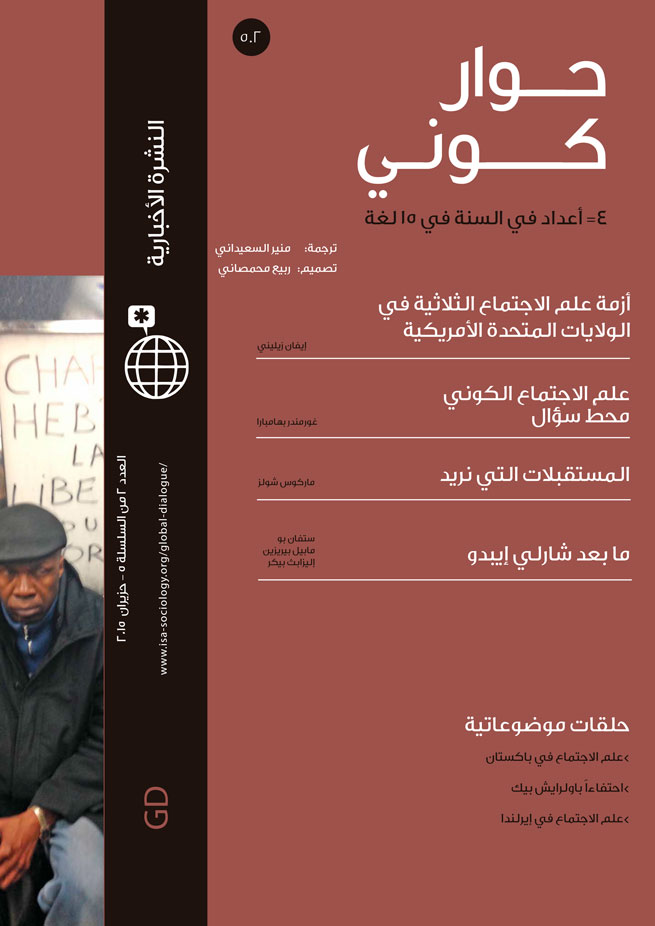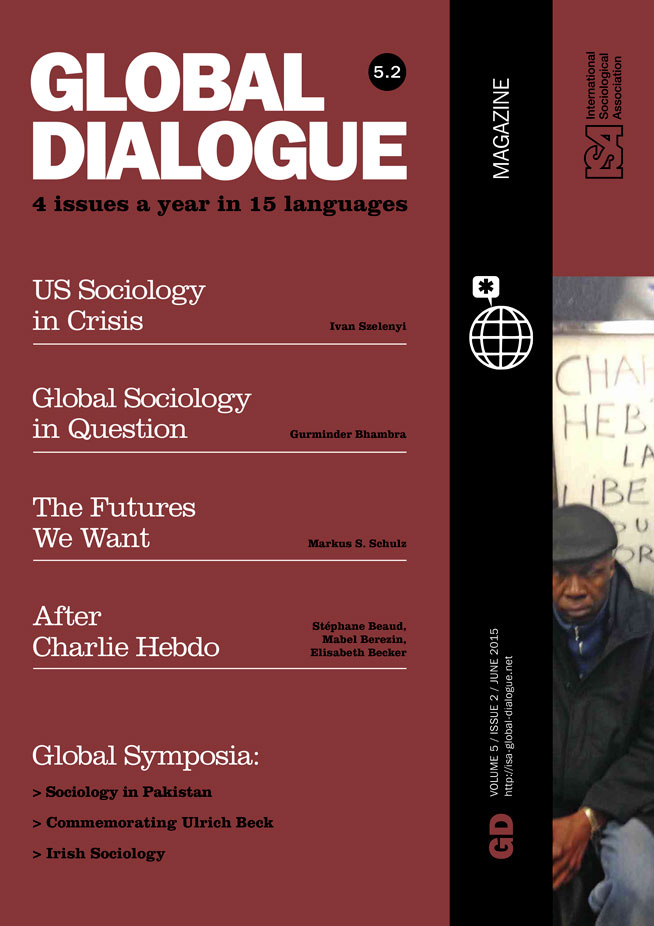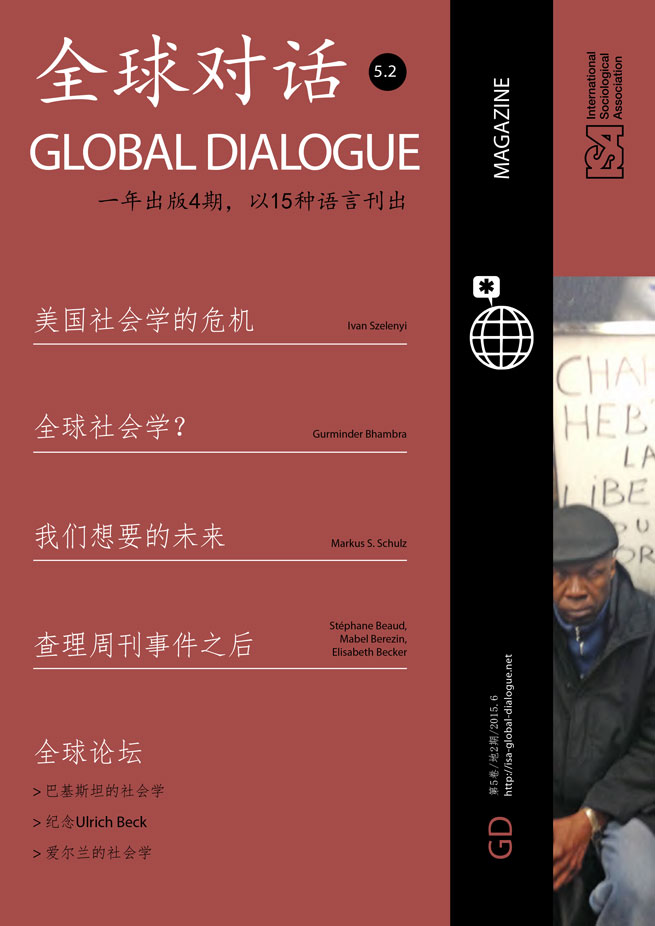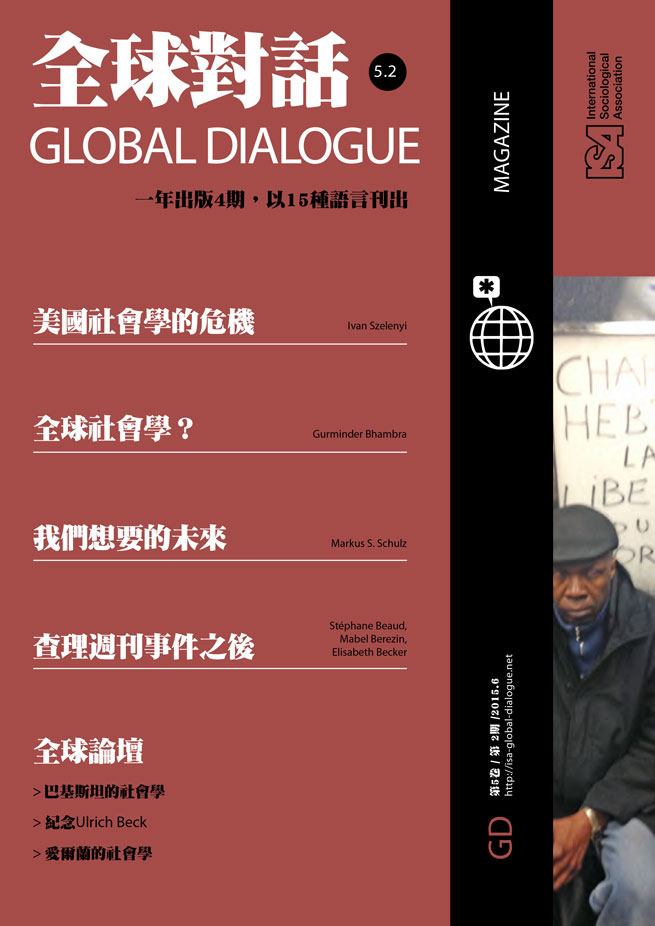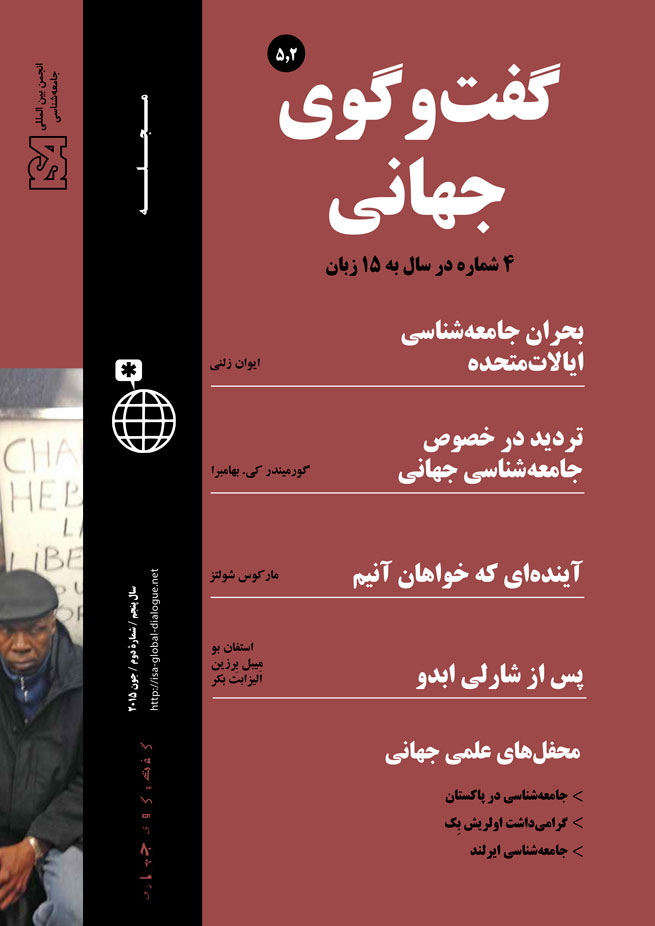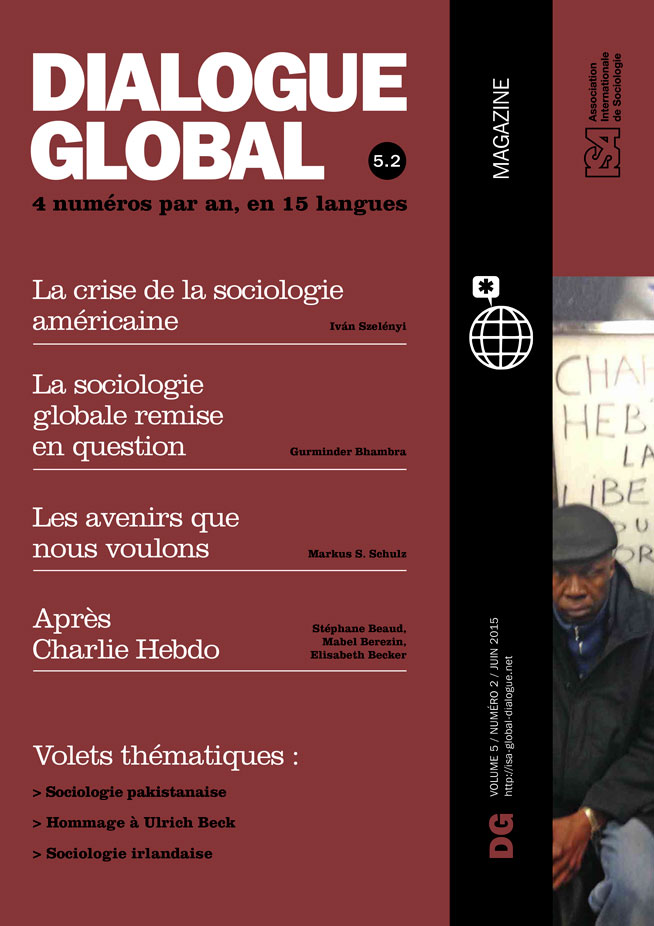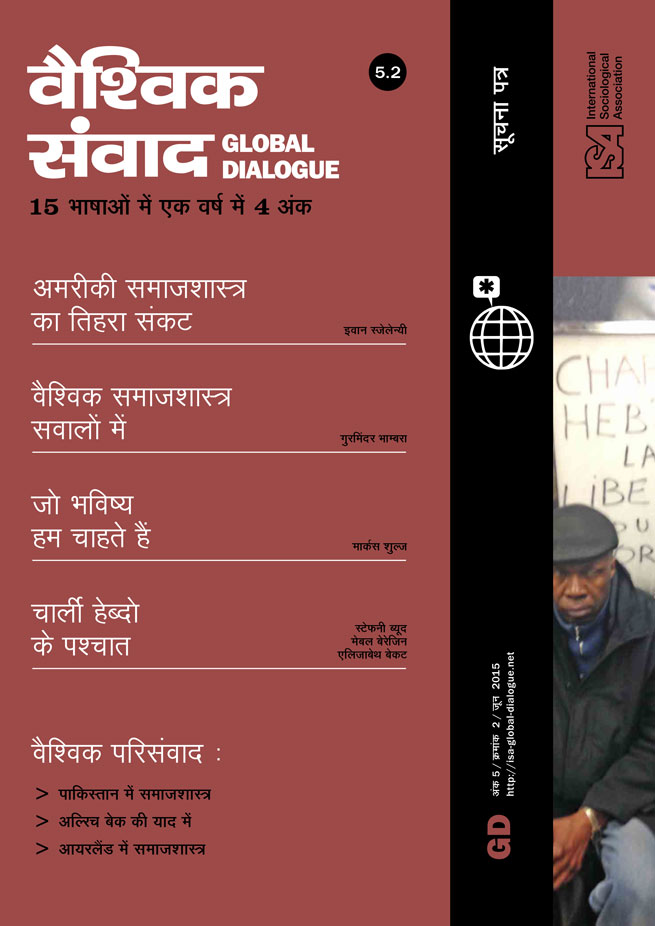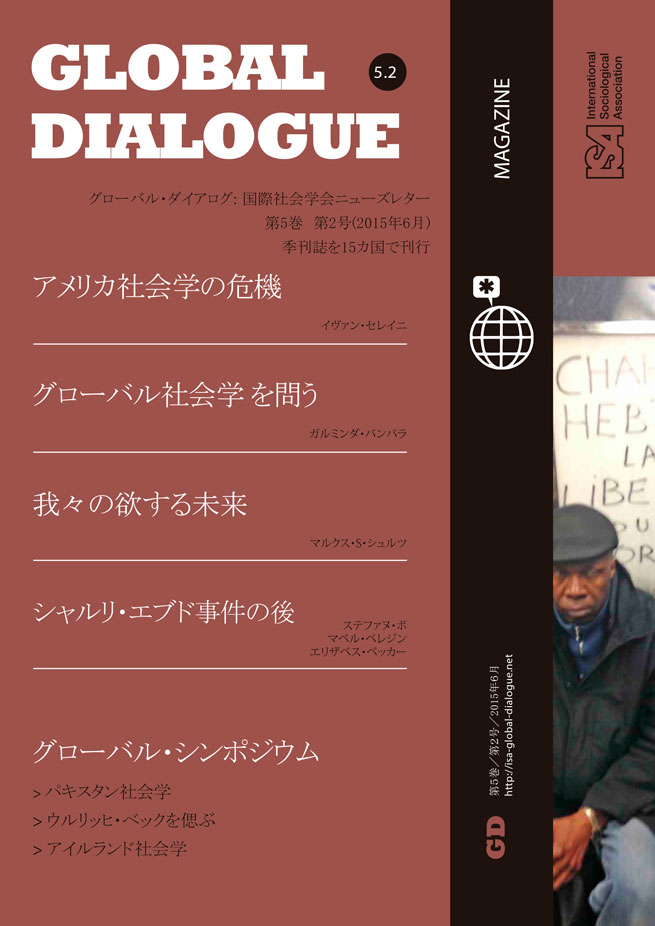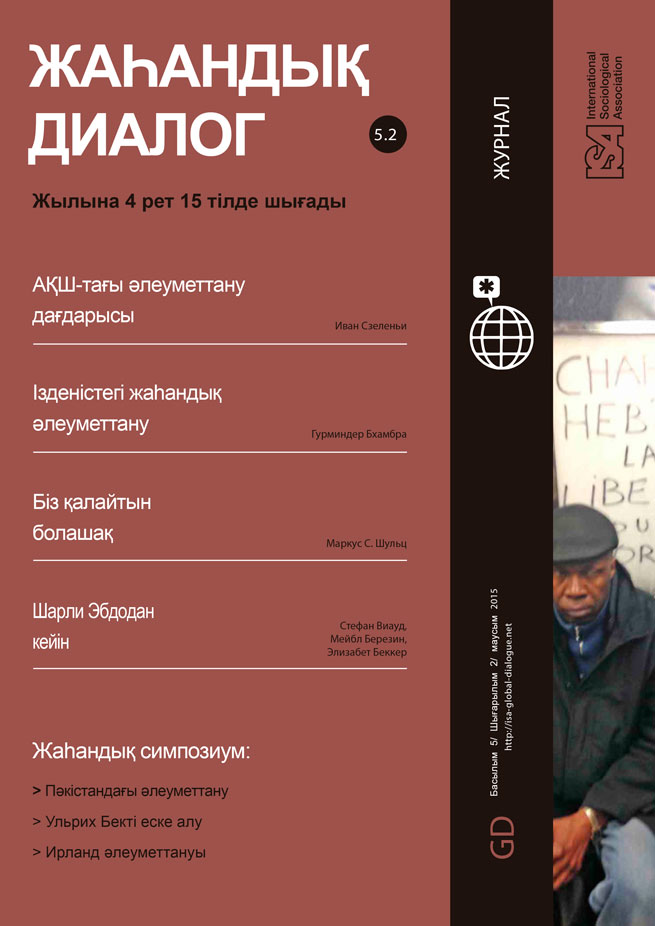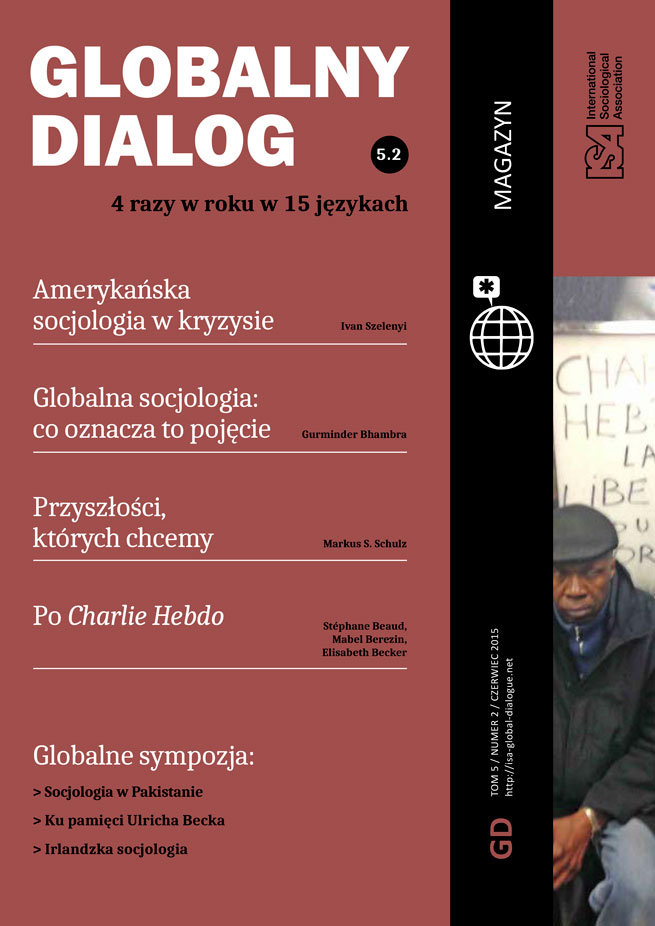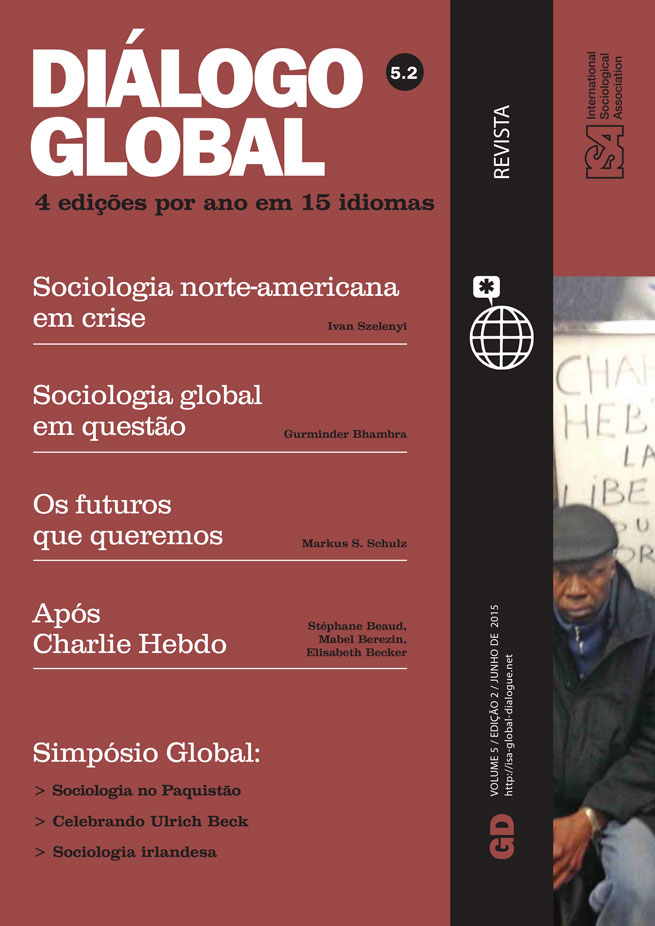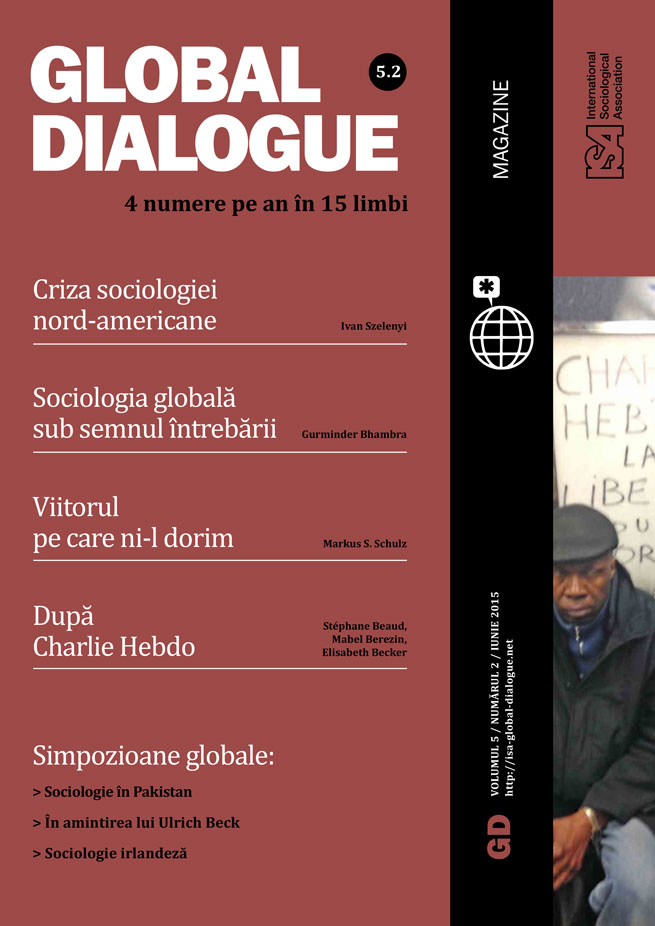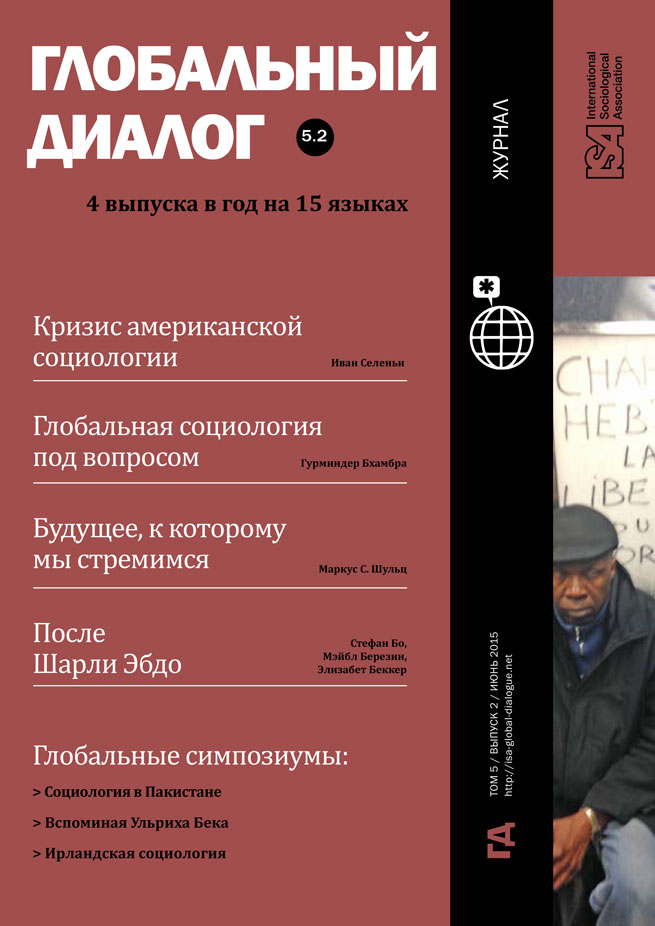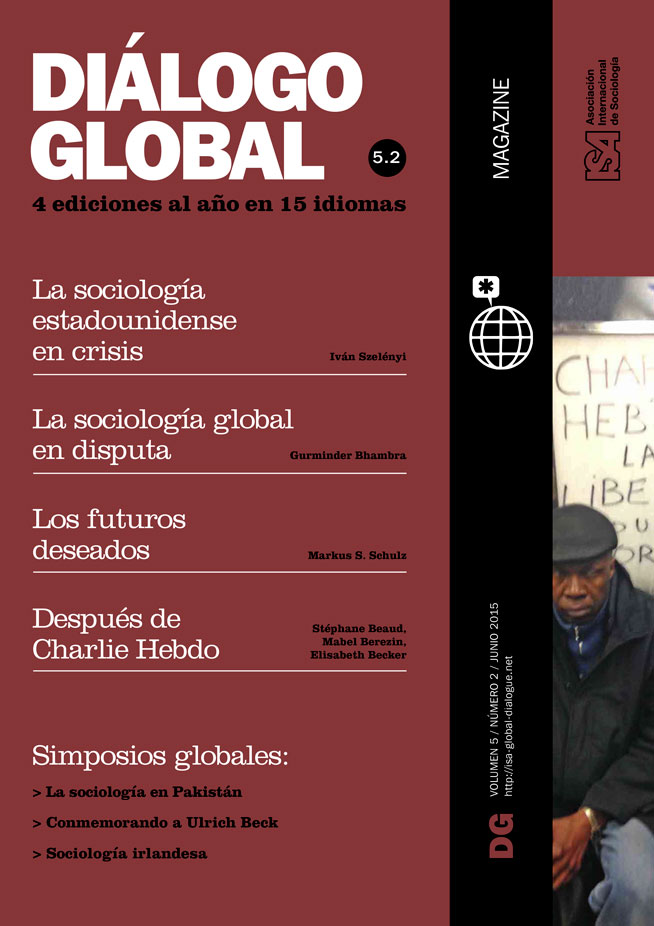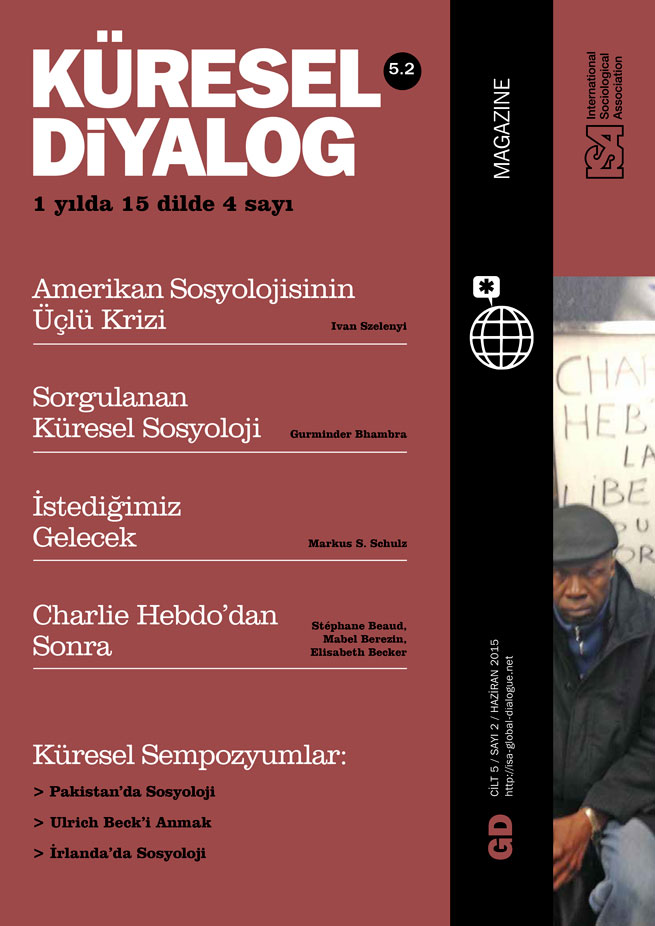Read more about After Charlie Hebdo
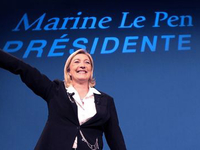
Extremist Politics Before and After Charlie Hebdo
by Mabel Berezin
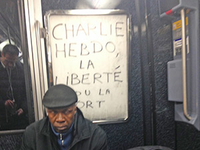
French Sociologists Debate the Killings at Charlie Hebdo
by Stéphane Beaud
April 30, 2015
Ethnography entails entering the worlds of others, both observing and participating in their daily lives. Unlike archival work, survey research, or experimental methods, ethnography is vulnerable to real-world events that can interrupt, redirect or unravel research. Such was the case with my study of mosques in three countries of Europe, after the killings of the Charlie Hebdo journalists.
I chose mosques as my ethnographic site in order to enter the cultural and spiritual worlds of Muslims in Europe, and to understand how they face undeniable stigma assigned to their identity. I wanted to learn about the daily life of Muslims from the inside, from their perspectives and within their houses of prayer. I wanted to learn about their everyday lives by participating in them, rather than analyzing the complicated broader political situation surrounding Islam in our time. Entering the field – mosques in Berlin, London and Madrid – required personal transformation. Both as a fashionista and a feminist, I struggled with what it meant to present myself respectfully while respecting my sense of self. First I fumbled, scarves falling into my face or to the ground. And yet, soon I found myself swathed in the silk of these scarves, wearing a loose hijab on bus rides through central Berlin, which earned me stares; comfortably ordering curry at Algate East, London; emerging from a neighborhood mosque in Madrid, which earned me glares. As I came to live the life of a Muslim I felt fear in its multifarious forms.
I was not afraid of the German man who fell off of his bicycle when he turned astounded by my wearing a headscarf. Nor was I afraid of the right-wing Pro-Köln movement, a small group with a loud voice that had sought to block the building of a large mosque in the Catholic city of Köln. I was certainly not afraid of mosques. The only fear I experienced in the initial stages of my research was the judgment of older Muslim women who could not comprehend what I was doing in their mosques. I was neither insider nor outsider; I was dressed appropriately but dissimilarly; I was married to a Muslim man. These women often adjusted my scarf, added another layer (by throwing an extra, thicker, scarf across my shoulders), pulled down the cuffs of my pants and up my socks. They sought to cover me to “help me” to belong in a space where outsiders rarely linger – let alone learn Arabic letters. They even asked to call me Fatmah, because they could not at first comprehend what an Elisabeth wanted from participation in everyday mosque life. They wanted to re-name me, to protect their safe spaces, to be sure of their claim to what I already knew to be theirs. Yet these early fears remained small and mundane, fears for my fieldwork and for myself as a researcher as I tried to balance on the edge of two worlds in a divided Berlin.
In the celebrated multicultural mecca of London, my second field site, I felt more myself. The lines seemed more distinct, between me and the women I befriended, who lived their entire lives in accordance with the calls to prayer. And yet, perhaps paradoxically, this distinction allowed the same lines to blur. I could easily see beyond the bracketing of this entire group to an “other” – sharing with the women I got to know worries for our children, a taste for tangy curries and despite our drastically different styles, often an aesthetic eye. These same women also questioned my “real” motivation for being at the mosque, and most were convinced that my academic goals were secondary to concerns for the child growing in my womb.
I arrived in Madrid a week before the Charlie Hebdo attacks, enjoying café con leche and long walks through Retiro Park. My mosque research began slowly, if at all. When I asked locals about mosques, most looked at me with questioning eyes. “Are there mosques here in Madrid? Do you mean in Cordoba?” they often responded, suggesting serious detachment from these very real lifeworlds. When I asked identifiably Muslim women, they laughed: “Mosques could not be in the center of the city, they could never be in the capital.” From what I experienced, a long-standing fear exists in the Muslim community in Spain. It was not born from the attacks in Paris, yet these attacks exacerbated it. Prior to Charlie Hebdo, in the first mosque I visited to the north of Madrid, women shooed me away. I asked to participate in group activities and they falsely claimed there were none. In the second, to the south of the city, a man at the door asked me if I was sure I had come to the right place. When I nodded, he gleefully led me to a group of women watching their children perform – children who kissed my son’s cheeks with broad smiles while their mothers looked at me with questioning eyes.
However, following the attacks the mosques became no longer filled with suspicious faces, but almost empty. In the week after the attacks, I sat alone in a small neighborhood masjid only open for prayers, awaiting appointments with ghostly women who never came. Even the city’s largest mosque emptied, its main room locked outside prayer times. I arrived with my baby in tow to find only a few women, two chatting, two praying, one sleeping, none responding to my greetings. The feeling of fear crept under my bones and I exited this mosque in haste. For the first time during my research, I felt that something was very, very wrong.
I found fear in Madrid, which grew in the aftermath of the Charlie Hebdo attacks, in the sudden emptiness and increased security surrounding as well as within mosques. Policemen with kalashnikovs arrived at Puerta del Sol – “the door to the sun” –, the center of the city, the sound of sirens splintering the air as I rocked my child to sleep. Rowdy protests led by a Spanish offshoot of the right-wing Pegida Movement (Patriotic Europeans Against the Islamicization of the West), founded in Dresden last October, occurred outside of mosques despite being outlawed by local law enforcement. After the Charlie Hebdo attacks, mosque walls across the country, and the continent, were sprayed painted, “Go back to your country,” or even “Death to Islam.” I found others fearing me as I entered mosques, avoiding contact, creating distance both inside and outside of their doors in Madrid. They questioned my presence, suddenly certain that my motives could not be innocuous, that I could not be there for my research, for my child or for myself.
It was only after the attacks in Paris that I considered halting my research, for fear that I had deeply underestimated the political situation I had come up against. My idea had been to bracket the political from the social and cultural worlds of those who attended the mosque. In reality, the political had badly shaken these social and cultural worlds, and me with(in) them. Regardless of their backgrounds, mosques received threats. For the first time I felt afraid to be inside of mosques. Following the Charlie Hebdo attacks, friends in the US wrote me about abuses in Saudi Arabia and those perpetrated by ISIS (the Islamic State of Iraq and the Levant), asking how I could so deeply associate with Muslims. Was I not ashamed? Was I not afraid? The conversation I held with a group of Spanish Muslim youth echoed over and over in my mind, in which they explained that they constantly have to defend themselves against atrocities committed by extremists in other corners of the globe.
I found fear in Madrid, and it followed me when I returned to Berlin. Friends wearing headscarves spoke of staying at home after the attacks in Paris, they spoke of the uncertain smiles they received on the subway and how they were considering moving out of Europe. Old Turkish men in Berlin tipped their tea glasses as they talked about going back (to the Turkey of another time). A young Muslim boy in Berlin recounted to me the threat received by his hijab-wearing sister on the local bus weeks after the Paris attacks as she helped to lift a non-Muslim disabled woman onto the bus platform. Passengers refused to make way. “Someone should stab her,” announced a man on the bus, not whispered and without shame. A month later the same young boy asked me why three Muslim youth in North Carolina were killed. “Without a reason?” he asked, incredulously, tears welling in his eyes. An eleven-year-old rubix cube master, fanatic only for Ferrero Rocher chocolate – even this child is afraid.
The global face of our world makes us all vulnerable, all filled with fear. Nationalist right-wing movements try to exploit this fear of others and they deny the fact that we all live at the edge of different worlds. Here, in Germany, the right-wing Pegida movement has taken to the streets of Dresden with new force, 18,000 public faces seeking to “resist Islamicization” through hatred suggesting that there are many, many more. Chancellor Angela Merkel may say Muslims belong in Germany, and I do not deny the symbolic importance of her words, but the long faces I see, the threats against neighborhood mosques, suggest that othering continues to define today’s Europe. It is somehow obscured by the acts of fanatics – from the assassins who carried out the Charlie Hebdo attacks to ISIS militants who continue to commit brutal murders.
Whether researcher or citizen, we do not know how to fight this many-sided, divisive fear, when it creeps under our own skin. Increased security and increased suspicion only hinder our cause. We must be able to join hands with our neighbors – of different races and creeds – while fighting extremism civilly, through the very same civic tradition we seek to protect. As an outsider-insider, as a researcher at mosques straddling these two different worlds, my fears moved from the mundane to the existential in the aftermath of the Charlie Hebdo attacks. I too find myself retreating, bound by the boundaries I sought sincerely to bridge; boundaries I do not believe in, yet can no longer navigate around.
Elisabeth Becker, Yale University, USA <becker.elisabeth@gmail.com>
This issue is not available yet in this language.
Request to be notified when the issue is available in your language.
If you prefer, you can access previous issues available in your language:
